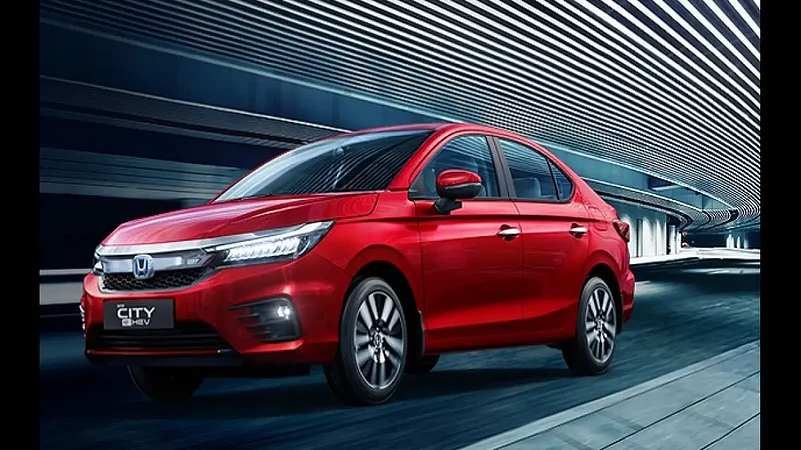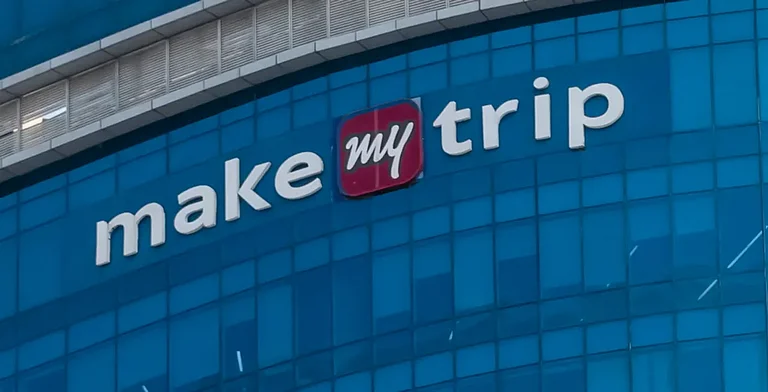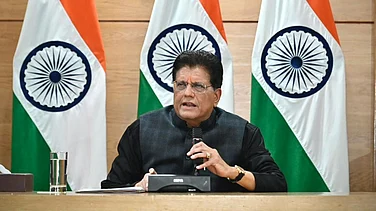Honda has once again ignited the debate of treating hybrid vehicles on a par with electric vehicles in India. The company has demanded lower taxes on hybrid vehicles.
The automaker noted that hybrid technology is currently best suited for Indian conditions as it is not dependent on external charging infrastructure.
This is not the first-time hybrid car makers are asking for tax relief on a par with EVs in India.
Toyota, and Maruti Suzuki are among other leading carmakers lobbying with the government for a favourable policy push for hybrids under India's FAME scheme.
In 2019, Maruti Suzuki India’s MD and CEO, Kenichi Ayukawa had categorically stated that “If hybrids contribute to some saving of energy, then I think the technology should be awarded. Of course not as much as EVs which is zero emissions but hybrids do reduce emissions by 30-40 per cent by increasing the fuel economy."
However, much to their dismay, the hybrids are yet to receive the same treatment as EVs when it comes to tax incentives.
High import duties and lack of subsidies have made it tough for the demand of hybrid cars in the country.
Hybrid vehicles attract 43 per cent tax which is inclusive of GST, while battery electric vehicles attract a tax of about 5 per cent.
While Battery Electric Vehicles (BEVs) have a battery that needs to be charged from an external source, HEVs use two sources of power to drive the vehicle — an internal combustion engine and an electric motor.
There are a few limited options for hybrid cars in the country and price may be a dampener for some, on the other hand, there are several options for people in the range of Rs 12-50 lakh.
MG Hector and Honda's City eHEV are a few of the hybrid cars in the country starting under Rs 20 lakh. On the other hand, pure EVs in India starts from Rs 12 lakh and there are several options people get to pick from.
Currently, there are 15 electric car manufacturers in India including Tata, Maruti Suzuki, MG, Hyundai, Mahindra, BMW, among others.
And Some of the popular electric cars in India are Tata Nexon EV, Tata Tigor EV, MG ZS EV, Porsche Taycan, Audi e-tron.
Interestingly, according to a global survey conducted by Deloitte, 68 per cent of Indians prefer internal combustion engine-powered vehicles as their next purchase. A staggering 24 per cent prefer a hybrid as their next vehicle while only 4 per cent prefer a pure EV, Business Standard reported last year.
This comes
This is despite EVs and not hybrids getting the subsidy push from the policymakers under the FAME scheme to make EVs more affordable through subsidies, improve India’s charging infrastructure and support the electrification of public transport.
Honda believes that hybrid cars are the best solution for the country as buyers do not encounter range anxiety issues and there are no curbs on the performance of the vehicle as well.
"According to us in the current scenario there is nothing better than this (hybrid).. it is the best solution right now," Honda Cars India Ltd (HCIL) Vice-President (Marketing and Sales) Kunal Behl said in an interview with PTI.
In December last year, a parliamentary panel recommended treating HEVs at par with EVs for tax incentives in order to achieve India’s targets of carbon emission cuts.
However, the pure EV lobby has been able to stay ahead of hybrids lobby so far.
An electric vehicle runs on a lithium-ion battery and an electric motor, while a hybrid vehicle operates on a smaller lithium-ion battery and electric motor, along with a traditional internal combustion engine.
In November 2020, it was reported that companies like Hyundai, Tata and Mahindra & Mahindra forced industry body SIAM to withdraw a pre-budget proposal to demand a reduction in GST rates for HEVs.
The three companies are in the pure EV play and did not want the industry to dole out incentives to companies with plans to expand their HEV portfolio.
The adoption of EVs saw a steep rise in the last two years, with EV sales rising 155% year-on-year to 4,29,217 units in FY22, as per Federation of Automobile Dealers Associations’ (FADA).
The number of hybrid vehicles sold in FY21 was just 564.
However, the charging infrastructure for EVs is at a nascent stage with just 1,640 operational public charging stations in the country as of February 2022, as per Power Ministry’s data.
For this reason, Toyota and Honda argue that hybrid vehicles are the right ‘vehicle’ for India till the time a nationwide charging infrastructure is set up for battery EVs.
However, with numbers stacked against them, it remains to be seen if hybrid vehicle lobby manages to get any advantage in the coming time as battery EVs continue their upward march.
































